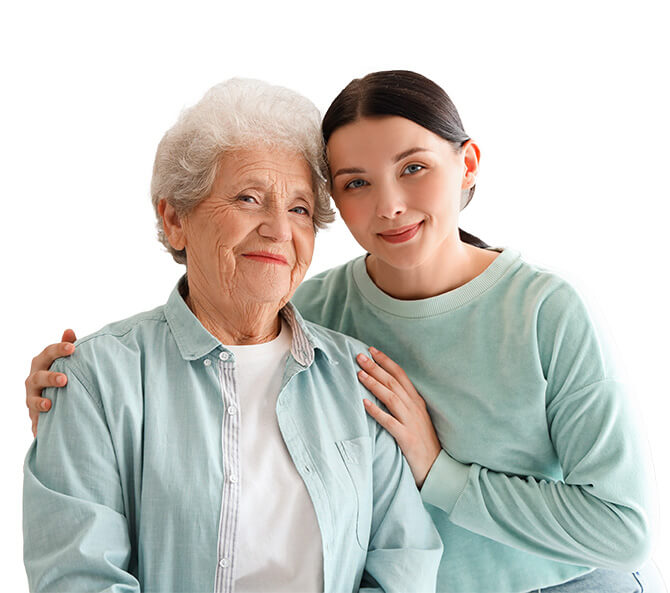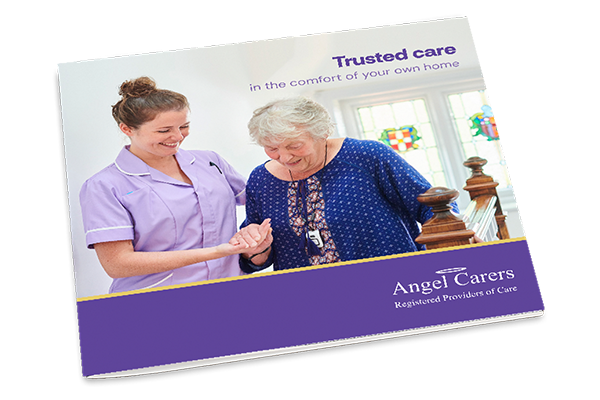93 percent rise in number of vulnerable patients admitted to hospital

A shocking article that was published in the Telegraph newspaper in January this year stated that in the last five years there has been a 93 percent rise in the number of vulnerable patients being admitted to hospital. The article said that health professionals have said that this is due to patients “losing faith” in care services outside of hospitals.
The article quoted Any Burnham, the shadow health secretary saying: ““It is appalling to think that, every week, there are thousands of frail and frightened people speeding through our towns and cities in the backs of ambulances to be left in a busy A&E. This is often the worst place for them to be and a disorientating experience that can cause real distress. With proper support in the home, this could all be avoided.”
At Angel Carers we provide reliable and professional prevention of hospital admission schemes for patients with a variety of different health conditions. When you choose one of these schemes we will closely monitor the client’s health so that if necessary we can call out specialists who will respond quickly to avoid the client having to be admitted to hospital.
We use a variety of locally based healthcare professionals including occupational therapists, GPs, physiotherapists and district nurses. We understand that going to hospital can be a distressing experience for elderly patients and we will never admit a patient unless it is absolutely necessary. We always ensure that our healthcare professionals arrive with our clients as quickly as possible to minimise stress.
In order to reduce the number of elderly patients being unnecessarily admitted to hospital it is important that care services everywhere work harder to provide high quality, professional and compassionate prevention of hospital admission schemes like ours.
So when you have a 93 percent rise with vulnerable admissions it does make you think that things need to change fast so that number can be reduced just as dramatically.





